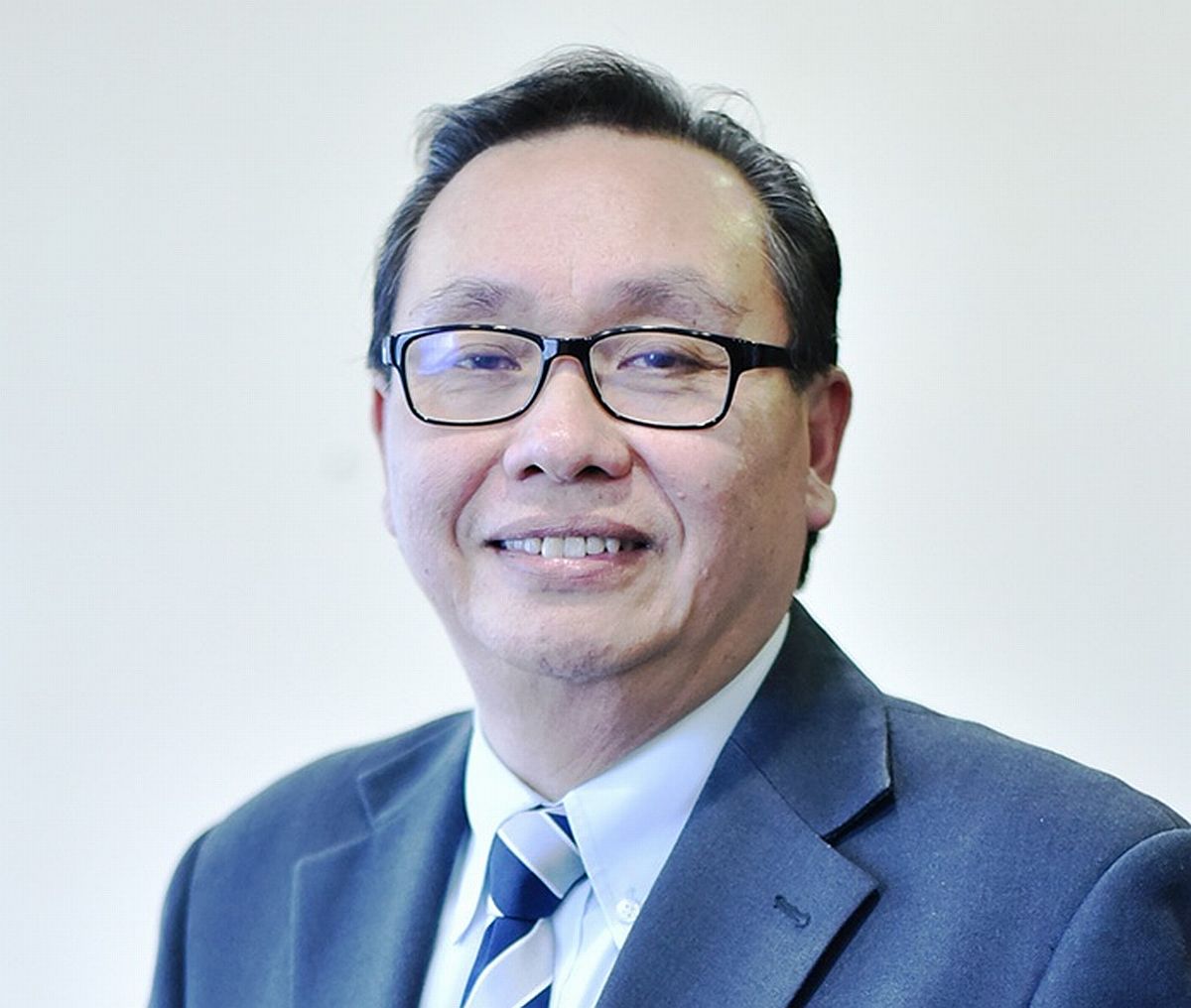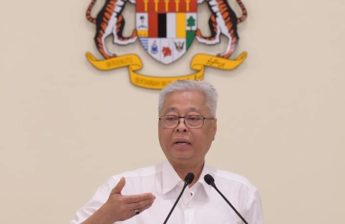KUALA LUMPUR, June 12 – The advancement of HIV treatment is being stifled by persistent stigma and discrimination against key populations and people living with HIV (PLHIV) in the country, said infectious disease expert Prof Dr Christopher Lee.
Despite effective therapies becoming more readily available, societal attitudes are deterring patients from seeking the care they need, thereby impeding the nation’s efforts to combat and eliminate the HIV/AIDS epidemic by 2030.
Dr Lee, who is former National Advisor for Infectious Diseases in the Ministry of Health (MOH) and former Deputy Director General of Health, voiced his disappointment with the ongoing situation.
“The thing now is the setting for treatments is available, it’s getting more accessible, it’s getting cheaper, but unfortunately, stigma discrimination is the one we have to deal with,” Dr Lee said during the ‘Leave No One Behind’ HIV panel discussion, held in conjunction with the launch of the DOC2US Virtual HIV/STD Clinic on May 17.
“We have the drugs, we have the doctors, we have the clinics to run, to serve that medication out. But unfortunately, stigma and discrimination keep patients from coming forward to us.”
Advancements in HIV treatment in recent years have significantly improved accessibility and outcomes in Malaysia. Highly effective antiretroviral drugs have revolutionised treatment by suppressing the virus and reducing transmission risk, while combination therapies with simplified dosing and fewer side effects have made treatment even more manageable.
Over the years, the government’s proactive measures to address HIV/AIDS in Malaysia have included providing free or subsidised antiretroviral therapy through the public health care system, expanding HIV testing programmes, and integrating HIV treatment, prevention, and support services into existing health care systems.
“Back in the battle days, people would have to travel many, many miles and I’m talking about people in Sarawak and Sabah. I remember patients in Kuching who would fly over to KL, just to see me [sic] because there were very few doctors who looked at HIV,” Dr Lee said.
“Whatever access they had, they will send them to KL, either to University Hospital (now University Malaya Medical Centre) or Hospital Kuala Lumpur (HKL). That was it. They would fly and those days there was no AirAsia, so it was pretty expensive to fly over to KL. That has changed a lot because of two things.
“Number one, I think, the MOH, in particular, has really developed a lot more treatment centres around the country, not just in main hospitals, but also in klinik kesihatan.
“So, in terms of physical access, that has improved. Of course, it can be better, no question. And that’s where I think the programme that is being launched today (DOC2US Virtual HIV/STD Clinic) adds benefit to what is already existing, but clearly the number of clinics available to get treatment helps.
“But the other point is, because the government was pushing this, we also had to desensitise our doctors and nurses with regards to stigma and discrimination on their own values with regards to looking after patients with HIV.
“And a good example, and Peter (Jambai) mentioned about his mother (who is a nurse) who, I’m sure served a lot of souls back in Sarawak, those are the people who make an impact – the people who make connection to our patients at Sungai Buloh Hospital and HKL were really the paramedics who did a lot because we have sheer numbers.
“We have hundreds of patients per day so they took a lot of pressure off us by connecting with patients. But the good thing is we now have a lot more people on the ground willing to do it.”
In addition to the MOH, local organisations, like the Malaysian AIDS Foundation (MAF), have also played a vital role in raising awareness, reducing stigma, and providing support to PLHIV, bridging gaps in health care delivery and empowering individuals to access treatment and support.
Despite these initiatives, individuals living with HIV and key populations who are at increased risk of HIV, such as men who have sex with men, transgender individuals, sex workers, and people who inject drugs (PWID), continue to face stigma and discrimination, including in health care settings, that instil fear of judgement, isolation, and rejection.
As a result, many of these individuals opt to remain silent about their condition, avoiding medical consultations and necessary treatment.
Health care technology provider DOC2US recently launched a virtual HIV/STD clinic, offering a range of services, including virtual consultations, remote monitoring, and medication delivery, which allows PLHIV and at-risk populations to receive care from their own homes.
By reducing the fear of discrimination and promoting inclusivity, the virtual platform aims to encourage more individuals to come forward for testing, treatment, and support.
Separately, the MAF is also seeking to bolster their online platform, JomPrep, to help individuals who suffer from severe internal stigmatisation.
MAF chairman Prof Dr Adeeba Kamarulzaman previously underscored the use of virtual resources to address stigma. “I think this is the way to go for those who suffer from heavy internal stigmatisation. Do it as digitally as possible or virtually as possible,” said Dr Adeeba, who is the immediate past president of the International AIDS Society (IAS).
When asked about the feasibility of eradicating HIV/AIDS by 2030 in Malaysia, Dr Lee expressed the importance of having a goal while acknowledging the challenges.
“Well, I mean, you must have a target for it. Will we succeed? Well, a lot of it depends on us. I think it is certainly doable, but can we eradicate it? I’m being pragmatic, probably not. But just do what we can with what we have – that is important. Just keep chipping away at it.”
“As a society, we may have chipped away enough for friends like Andrew (Tan, president of Kuala Lumpur AIDS Support Services) and many others who were diagnosed in the 90s to still be very much around today,” Dr Lee said.
“But if we had chipped harder and more effectively, perhaps a larger group of people would have a much more peaceful or smoother transition as they navigate HIV.”








